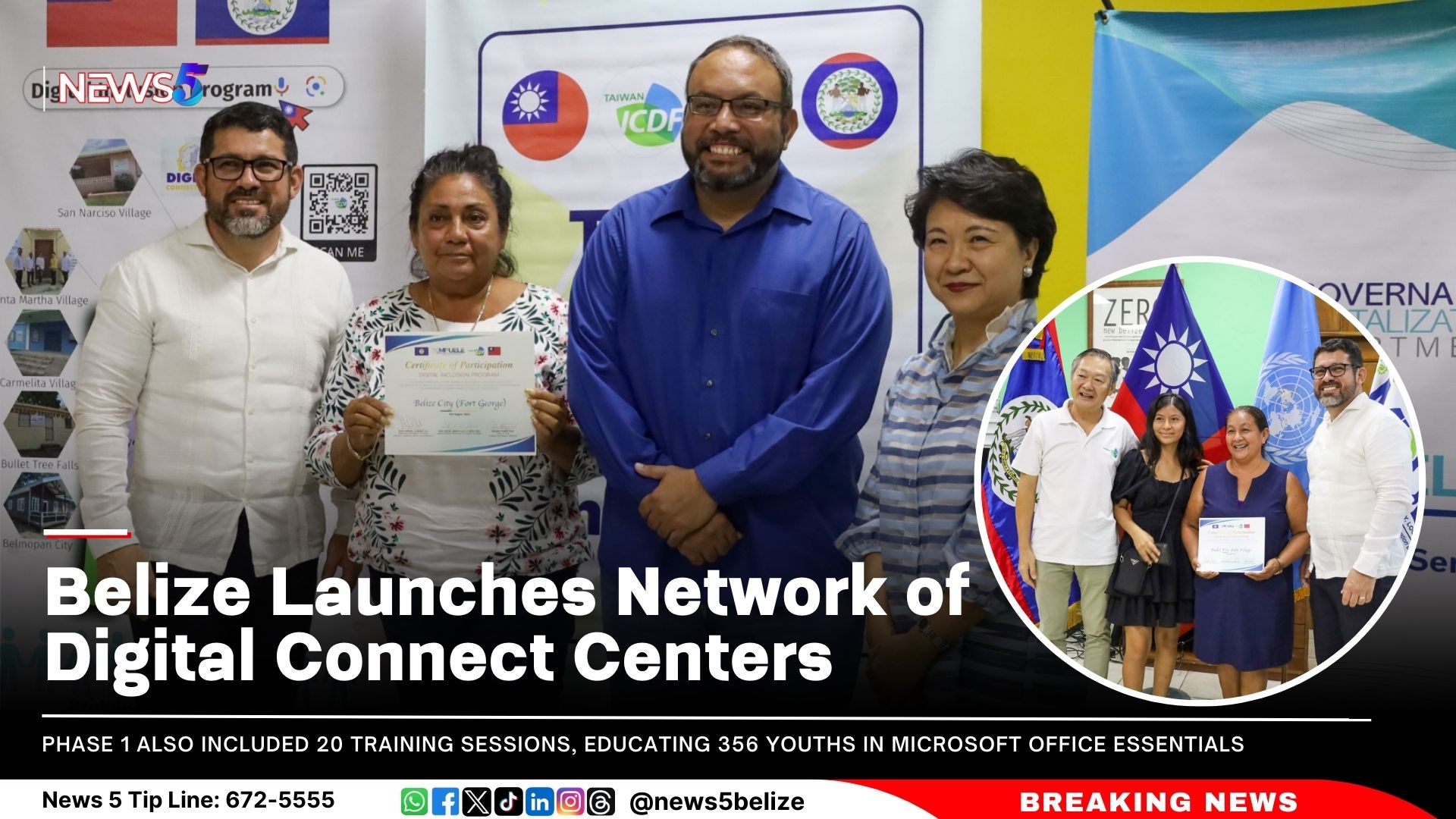According to the recent SOFI 2024 report presented at the G20 in Rio de Janeiro, world hunger figures have been persistently high for three consecutive years, but Latin America has made significant progress.
The Food and Agriculture Organization of the United Nations (FAO) Regional Office for Latin America and the Caribbean organised the first meeting in a series of events dedicated to analysing the region’s progress in the fight against hunger and malnutrition, based on the results of the State of Food and Nutrition Security in the World (SOFI 2024) report.
According to the SOFI 2024 report, presented in July during the G20 in Rio de Janeiro, Brazil, the percentage of hunger in Latin America and the Caribbean rose from 5.6% in 2019 to 6.9% in 2021, but a progressive reduction was recorded, reaching 6.2% in 2023. This means that 4.3 million people have stopped going hungry, mainly thanks to a recovery in South America.
Brazil is currently one of the countries whose public policies have positively impacted reducing hunger and food insecurity. Thus, through a Master Conference held at the FAO regional office, with more than 400 face-to-face and virtual participants, the Minister of Development and Social Assistance, Family and Fight against Hunger, Wellington Dias, shared some of the actions undertaken by the Brazilian government in the fight against hunger.
Minister Dias detailed the strategy that positions Brazil as a regional leader in hunger-reduction. “Lifting someone out of hunger and poverty is a one-time investment. After that, it is very difficult for the next generations to go back. So it’s a worthwhile investment,” he said.
FAO Assistant Director-General and Regional Representative for Latin America and the Caribbean, Mario Lubetkin, emphasised that “hunger and food insecurity are not simply issues of food scarcity; they reflect structural inequalities and systemic failures that affect human dignity and social justice throughout the world and also in the region”.
“Having the opportunity to reflect on these experiences forces us to recognise that hunger is a reality that can be addressed with responsibility, determination, and collective work and to ensure that all people, regardless of their geographic location, gender, or economic status, have access to sufficient and nutritious food,” added Lubetkin.
This analysis process promoted by FAO at the regional level, which began with the keynote address by the Brazilian minister, seeks to deepen the region’s opportunities and capabilities to contribute to a global response to eradicate hunger and malnutrition and address other challenges such as reducing poverty and inequalities. International goals have been established to ensure sustainable development.
Brazil in the multidimensional approach to hunger and food insecurity
Minister Wellington Dias detailed how Brazil has managed to lift 14 million people out of poverty thanks to a social program with two components: social assistance and food security.
This program is based on creating a single social registry that makes it possible to know the multidimensional conditions of poverty affecting a family and to generate an assistance income that adjusts to their needs. “The transfer of resources means implementing access to food and other necessities. That money circulates in the place where they live. And the poorest people usually live where other vulnerable and poor people live. So, in addition to benefiting that family, it benefits that community,” he said.
The minister added that this type of assistance is accompanied by the Safra, or Harvest Plan, to combat hunger and food insecurity. This plan works with small farmers to stimulate production, and then the State can buy a fraction of the harvest to give to those who require it.
